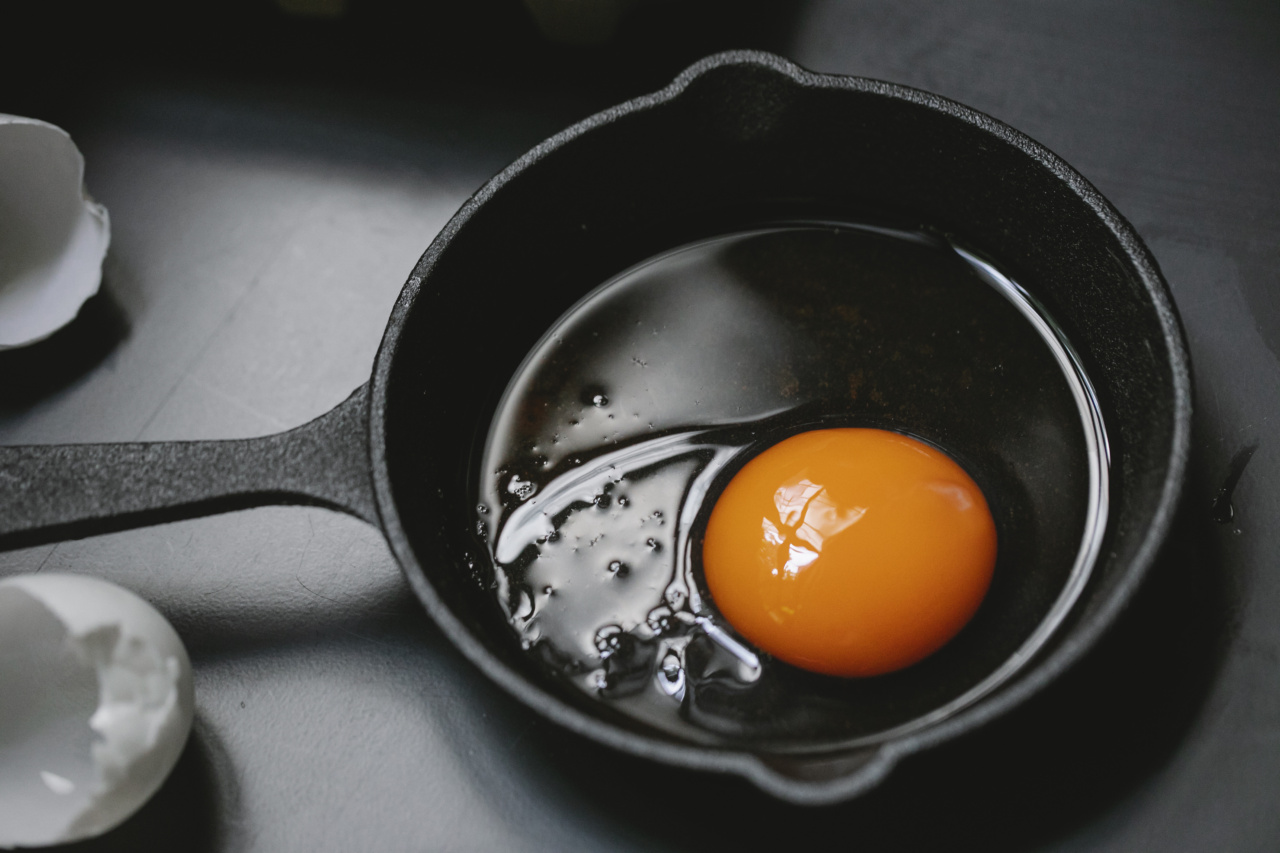Iron deficiency is a common nutritional problem that affects millions of people worldwide.
It occurs when the body does not have enough iron to produce sufficient amounts of hemoglobin, a protein found in red blood cells that carries oxygen to the body’s tissues. Without enough iron, the body cannot function properly and may experience symptoms such as fatigue, weakness, and compromised immunity.
The Importance of Iron in the Body
Iron plays a crucial role in various bodily functions. It is essential for the production of red blood cells, which transport oxygen throughout the body.
Iron is also involved in cellular energy metabolism, DNA synthesis, and the formation of certain hormones and neurotransmitters.
Causes and Symptoms of Iron Deficiency
Iron deficiency can be caused by several factors, including inadequate dietary intake of iron-rich foods, poor iron absorption, increased iron requirements due to pregnancy or growth, and chronic blood loss. Common symptoms of iron deficiency include:.
- Fatigue and weakness
- Pale skin and brittle nails
- Shortness of breath
- Dizziness
- Headaches
- Restless legs syndrome
- Impaired cognitive function
- Compromised immune function
Seed-Based Nutrition: A Solution for Iron Deficiency
One effective approach to combating iron deficiency is through seed-based nutrition. Seeds are a powerhouse of essential nutrients, including iron. Incorporating iron-rich seeds into your diet can help boost your iron levels and improve overall health.
Seeds High in Iron
Several types of seeds are excellent sources of iron. Here are some iron-rich seeds to consider:.
- Pumpkin seeds: Pumpkin seeds are not only a tasty snack but also offer a good amount of iron. They can be eaten raw or roasted and sprinkled on salads or added to baked goods.
- Sesame seeds: These tiny seeds are packed with iron, calcium, and other vital nutrients. They can be added to various dishes like stir-fries, salads, or used to make tahini paste, which is commonly used in Middle Eastern cuisine.
- Chia seeds: Chia seeds are an excellent plant-based source of iron. They can be added to smoothies, oatmeal, or used as an egg substitute in vegan baking recipes.
- Hemp seeds: Alongside other essential nutrients, hemp seeds offer a decent amount of iron. They have a mild nutty flavor and can be incorporated into smoothies, yogurts, or used to make hemp milk.
The Benefits of Seed-Based Nutrition
In addition to their iron content, seeds offer numerous other health benefits:.
- Rich in essential fatty acids: Seeds, such as flaxseeds and chia seeds, are abundant in omega-3 fatty acids, which promote heart health and reduce inflammation.
- High in fiber: Seeds are an excellent source of dietary fiber, aiding in digestion and promoting bowel regularity.
- Loaded with antioxidants: Many seeds, including sunflower seeds and sesame seeds, contain antioxidants that help protect the body against harmful free radicals.
- Provide essential vitamins and minerals: Seeds are packed with various vitamins and minerals, including vitamin E, magnesium, and zinc, which support overall health and well-being.
Combining Seeds for Maximum Nutrition
To maximize the nutritional benefits, it is advisable to incorporate a variety of seeds into your diet. Mixing different seeds allows you to obtain a broader spectrum of nutrients, including iron.
You can create your own seed mix or purchase pre-made seed blends from health food stores.
Other Ways to Enhance Iron Absorption
While incorporating iron-rich seeds into your diet can help combat iron deficiency, there are a few additional strategies to enhance iron absorption:.
- Pair iron-rich foods with vitamin C: Consuming foods high in vitamin C, such as citrus fruits, bell peppers, or broccoli, alongside iron-rich foods can improve iron absorption.
- Avoid consuming iron inhibitors: Certain substances, like coffee, tea, and high-calcium foods, can hinder iron absorption. It is advisable to avoid consuming these substances during meals to maximize iron absorption.
- Cook with cast-iron cookware: Cooking acidic foods in cast-iron cookware can increase the iron content of the prepared dish. This method is particularly useful for individuals with low iron levels.
Consulting a Healthcare Professional
If you suspect you may be suffering from iron deficiency, it is important to consult a healthcare professional for appropriate diagnosis and guidance.
They can perform blood tests to determine your iron levels and recommend suitable interventions, such as supplementation or dietary changes.






























